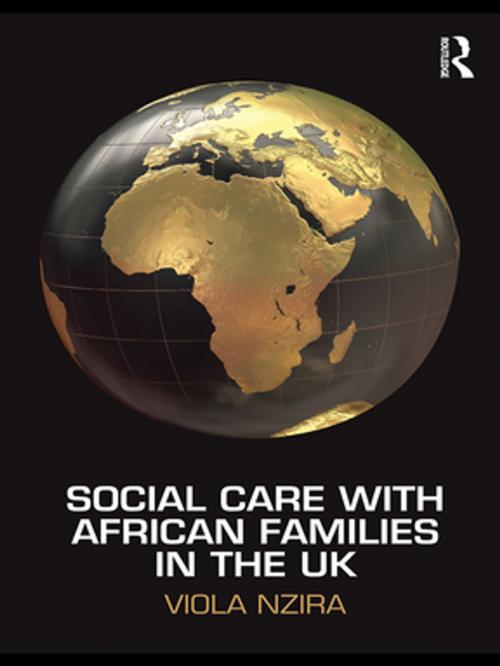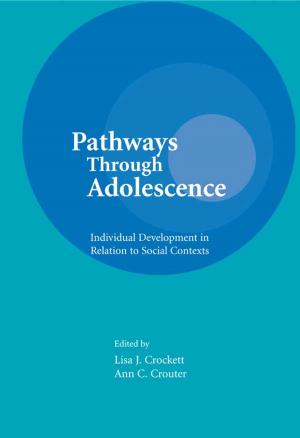Social Care with African Families in the UK
Nonfiction, Health & Well Being, Medical, Patient Care, Health Care Delivery, Allied Health Services, Social & Cultural Studies, Social Science, Cultural Studies, Ethnic Studies| Author: | Viola Nzira | ISBN: | 9781136903243 |
| Publisher: | Taylor and Francis | Publication: | September 16, 2010 |
| Imprint: | Routledge | Language: | English |
| Author: | Viola Nzira |
| ISBN: | 9781136903243 |
| Publisher: | Taylor and Francis |
| Publication: | September 16, 2010 |
| Imprint: | Routledge |
| Language: | English |
This important text promotes understanding of the complexities and diversities of African family life. It stimulates creative thinking about how social care professionals can develop meaningful relationships and engage confidently and effectively with African families they encounter within work contexts.
The book will help students and professionals to develop specific knowledge and skills for working with African families, including refugees, asylum seekers, new and settled immigrants and people of dual heritage. Whilst highlighting differences in terms of practices across the continent, the common threads and shared identities of these families can provide the building blocks for new and relevant knowledge which then inform anti-oppressive practice.
Issues such as child discipline, officialdom, roles and responsibilities within the family, image and identity and the perception of others are discussed in chapters covering:
• economic and social pressures
• family structures
• marriage patterns/partnerships
• mortality and death
• faith and spirituality
Containing numerous illustrative examples, this accessible text will be useful to all social work and social care students.
This important text promotes understanding of the complexities and diversities of African family life. It stimulates creative thinking about how social care professionals can develop meaningful relationships and engage confidently and effectively with African families they encounter within work contexts.
The book will help students and professionals to develop specific knowledge and skills for working with African families, including refugees, asylum seekers, new and settled immigrants and people of dual heritage. Whilst highlighting differences in terms of practices across the continent, the common threads and shared identities of these families can provide the building blocks for new and relevant knowledge which then inform anti-oppressive practice.
Issues such as child discipline, officialdom, roles and responsibilities within the family, image and identity and the perception of others are discussed in chapters covering:
• economic and social pressures
• family structures
• marriage patterns/partnerships
• mortality and death
• faith and spirituality
Containing numerous illustrative examples, this accessible text will be useful to all social work and social care students.















